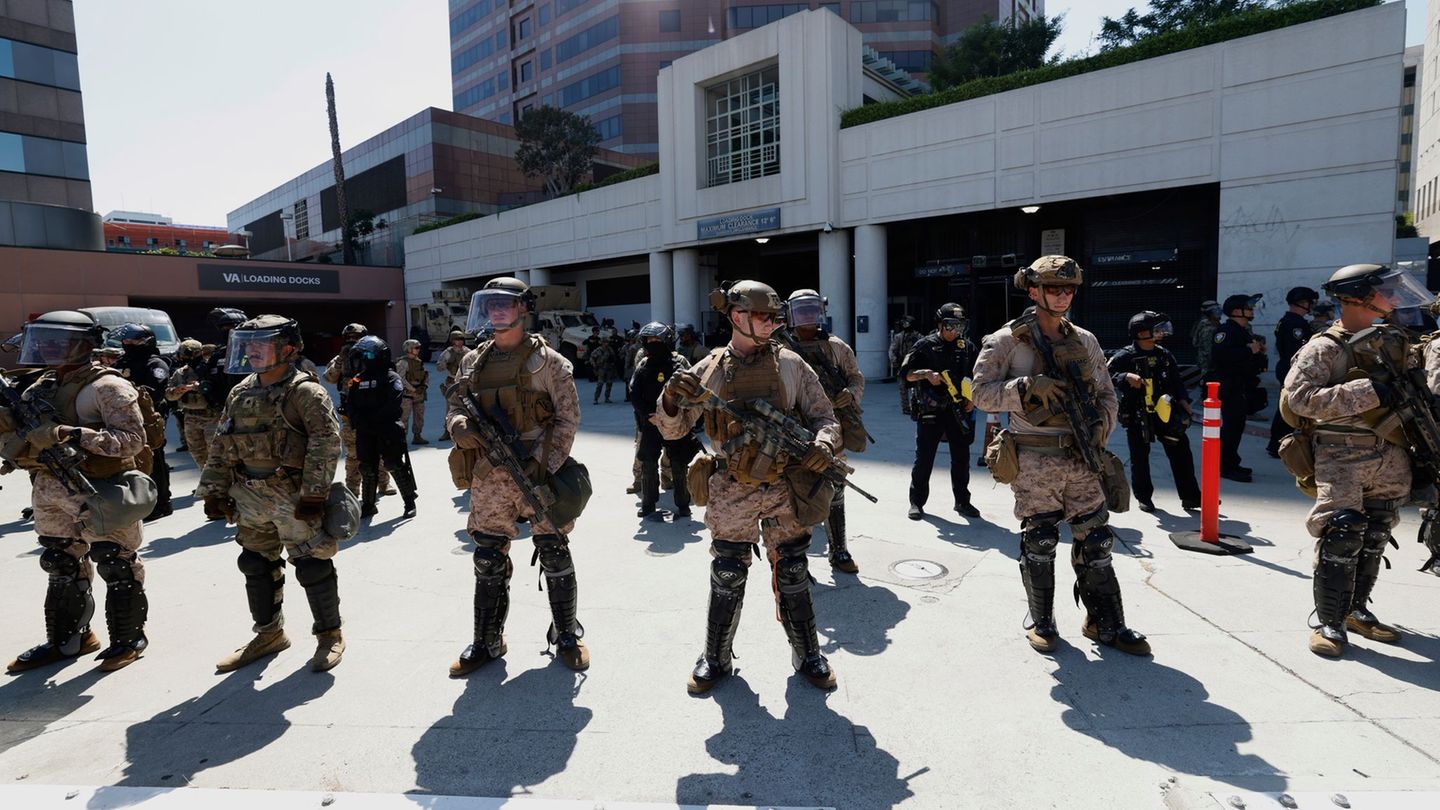The government is discussing this today, Wednesday, with opposition parties and constitutional lawyers in video conferences that are not open to the media. Chancellor Karl Nehammer (ÖVP) and Health Minister Wolfgang Mückstein (Greens) have already emphasized that there will be no major changes and no postponements.
Many objections were raised in the course of the appraisal – not just the complete rejection put forward by countless private individuals, which made up the vast majority of the 108,325 statements. Many institutions and experts submitted suggestions and concerns about the constitutional design (also with a view to Omikron), the technical processing (according to ELGA, the technical implementation is only possible from April) or the enormous workload that the authorities and courts have to deal with.
At the beginning of December you had a good starting position against the delta variant of the corona virus, said Mückstein after the Council of Ministers on Wednesday and spoke of an overall immunity of 90 percent. The more contagious Omicron variant then mixed up properly. The Minister of Health therefore also sees the compulsory vaccination as a “perspective for the summer, for the autumn”. He reaffirmed that it will start at the beginning of February, and the schedule for mandatory vaccinations is also “fixed” for the Green Club chairwoman Sigrid Maurer. In order to get through the next winter safely, you need a high level of overall immunity in the population, Mückstein said. “The way to get there can be through infection or it can be safe through vaccination. I am in favor of placing vaccination in the foreground.” With information and education, Mückstein wants to continue to convince the population of the vaccination.
Video: ORF reporter Simone Stribl analyzes the resolutions of the Council of Ministers
This video is disabled
Please activate the categories Performance cookies and Functional cookies in your cookie settings to display this element. My cookie settings
Political voting processes and the parliamentary process on compulsory vaccination would be ongoing. Now the statements are being viewed in his ministry “and possibly incorporated in the coming days,” it said on Wednesday to the APA.
Time is of the essence: the draft is to be discussed in the health committee as early as next Monday – including with an expert hearing. At the end of next week, regular National Council meetings are on the program, at which the law could then be passed. After the approval of the Federal Council in its meeting on February 3rd, the compulsory vaccination could actually start “at the beginning of February” – which Nehammer and Mückstein intend to adhere to regardless of some calls for postponement (including from the Chamber of Commerce).
Video: The statement by Health Minister Wolfgang Mückstein
This video is disabled
Please activate the categories Performance cookies and Functional cookies in your cookie settings to display this element. My cookie settings
In any case, in view of the ELGA announcement, it still needs to be clarified how the mandatory vaccination will be processed technically and organizationally by April. Mückstein has already brought the variant into play that a so-called control offense could initially be established for a transitional phase. This would mean that the authorities can carry out controls, similar to road traffic, and also impose fines.
In the “full expansion”, all people living in Austria over the age of 14 should be registered as vaccinated on quarterly “vaccination dates” or with a certified “exception” in the central vaccination register. Unvaccinated persons are requested in a reminder letter to provide vaccination or proof of exception by the next deadline. There are exceptions in the case of pregnancy, for health reasons confirmed by a doctor and for those who have recovered. If they fail to do so, they will receive a penal order from the district administrative authority. The penalty is up to 600 euros in the “abbreviated” procedure and up to 3,600 euros in the “ordinary” procedure (which occurs if the “abbreviated” procedure is not paid or an objection is raised). There is definitely no provision for physical coercion, and the fine cannot be converted into a custodial sentence.
2,300 positive antigen tests in schools
The antigen tests carried out in schools revealed around 2,300 infections in the first two days after the Christmas break. There are currently 30 classes in distance learning, informed Minister of Education Martin Polaschek (ÖVP). Collected figures on the more meaningful PCR tests are not yet available.
Polaschek assumes that the number of classes in distance learning will increase in the next few days – but not too much. The classes return to face-to-face teaching after five days.
Polaschek does not currently see the risk of large-scale school closings. Operations can be maintained through supplier hours, the use of student teachers and possibly retired teachers. One would have to think about closings if the number of sick schoolchildren and teachers in a region were to rise sharply, but that is not becoming apparent at the moment.
Video: The statement by ÖVP Education Minister Martin Polaschek
This video is disabled
Please activate the categories Performance cookies and Functional cookies in your cookie settings to display this element. My cookie settings
In addition, the Council of Ministers decided that dThe support hour package for schools is to be extended until the end of the summer semester. Furthermore a fund for school events is to be set up and school social work is to be expanded. Measures for school sport and free learning support are also funded.
The additional support hours (an average of two per week in elementary schools and 1.5 in other classes) are intended to cushion the learning deficits caused by the corona pandemic. The hours should primarily benefit locations with an increased need for pupils or hotspot schools. Around 109 million euros will be spent on this. 4.5 million euros are also being used for supplementary tuition for high school graduates in the last two weeks of instruction in the final year.
School events lasting several days are given extra support through a fund, if they are allowed again. Up to the summer semester 2023, up to 500 euros per class will be made available to motivate schools to hold ski courses, sports weeks, etc. This is a “very important signal for the students that they can do something together outside of school again,” said Education Minister Martin Polaschek (ÖVP) after the Council of Ministers. School events are currently still prohibited due to the pandemic.
This interactive graphic is deactivated
Please activate the category Targeting Cookies in your cookie settings to display this element. My cookie settings
Source: Nachrichten




